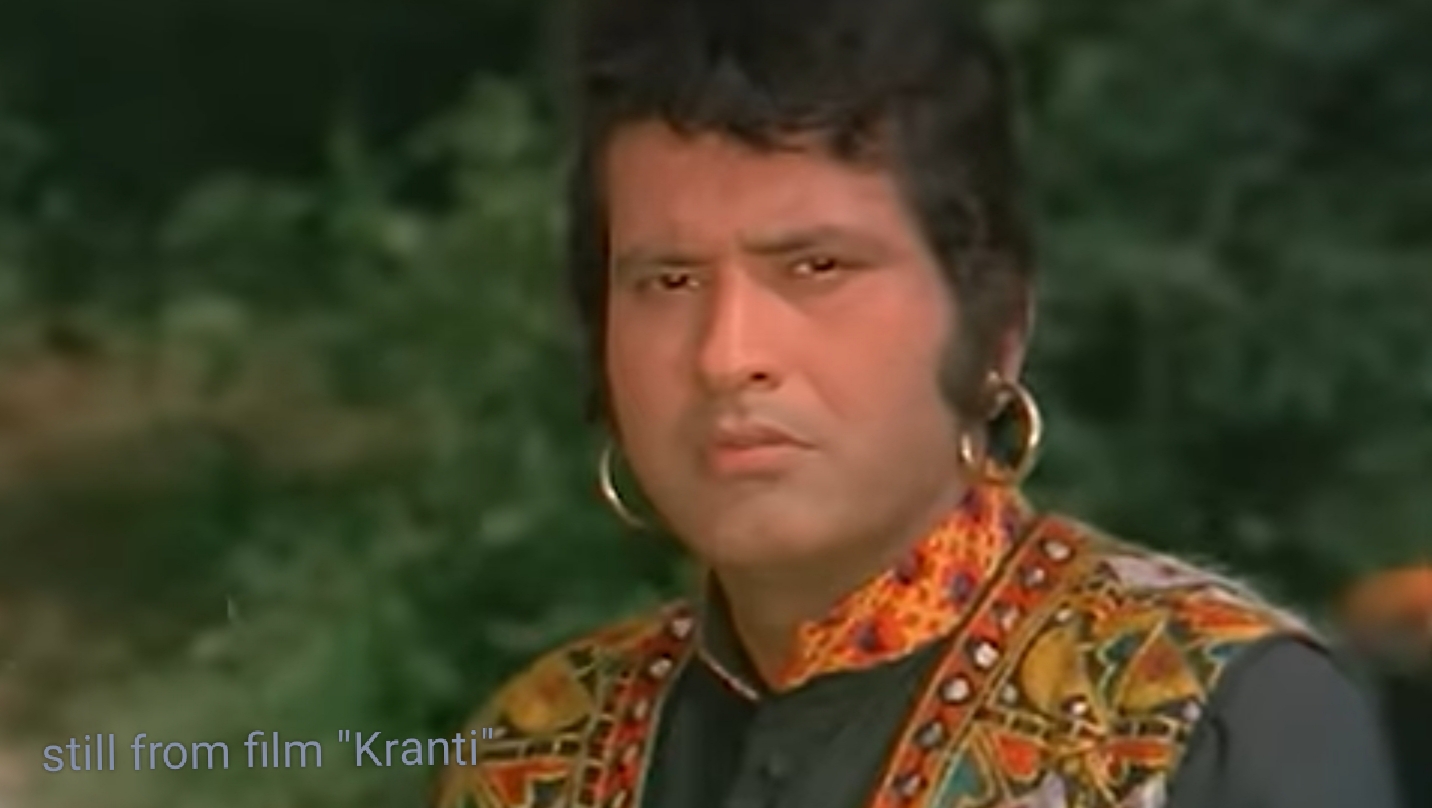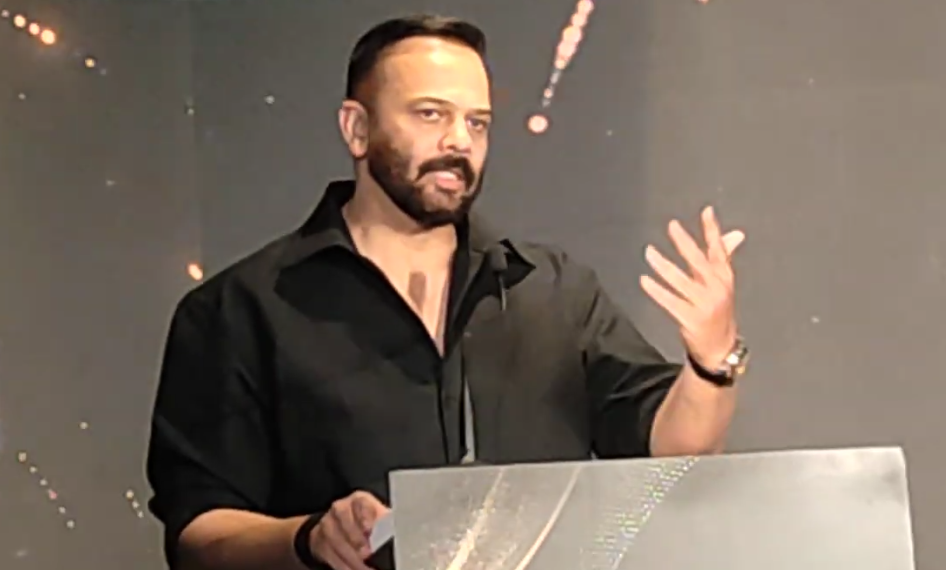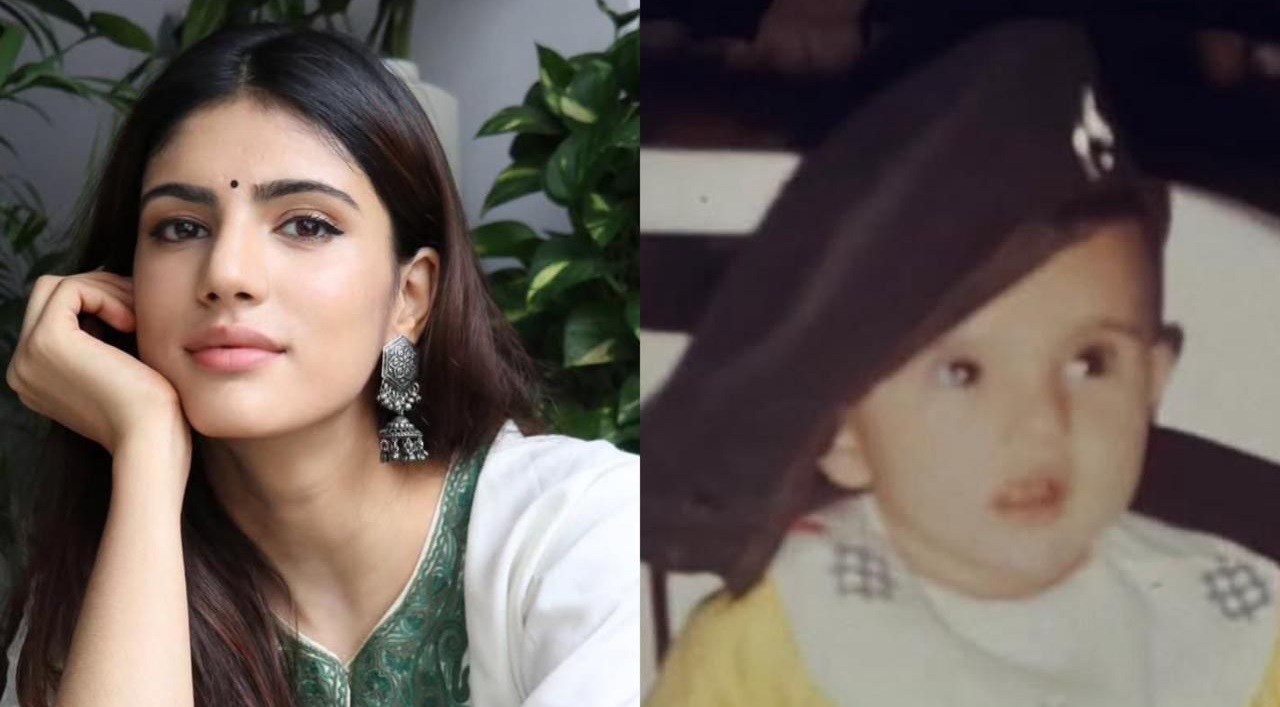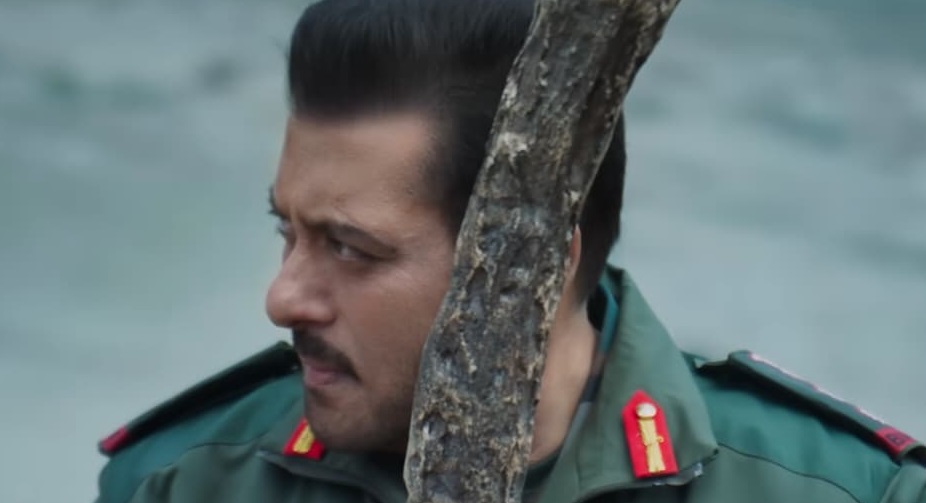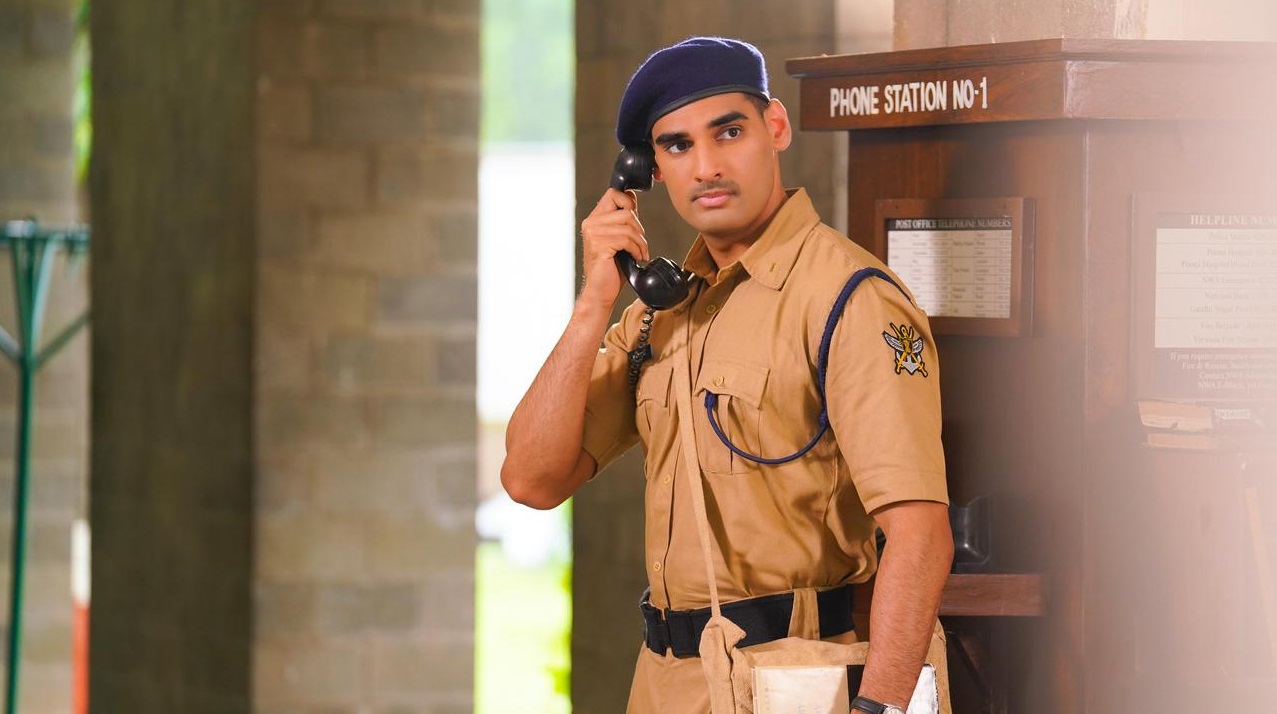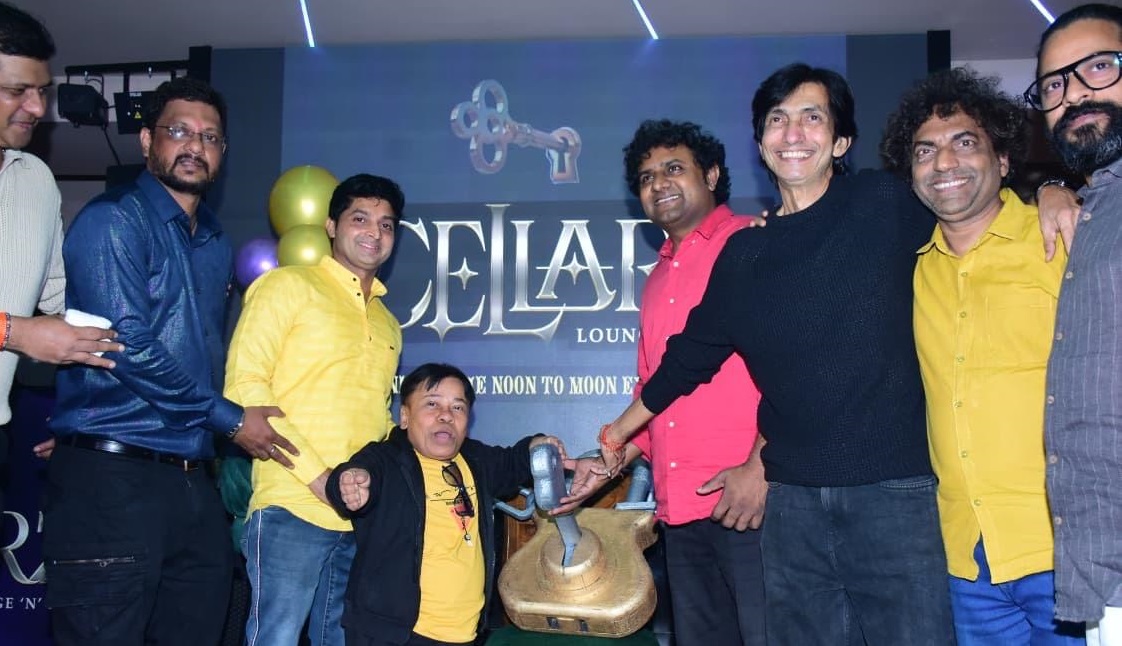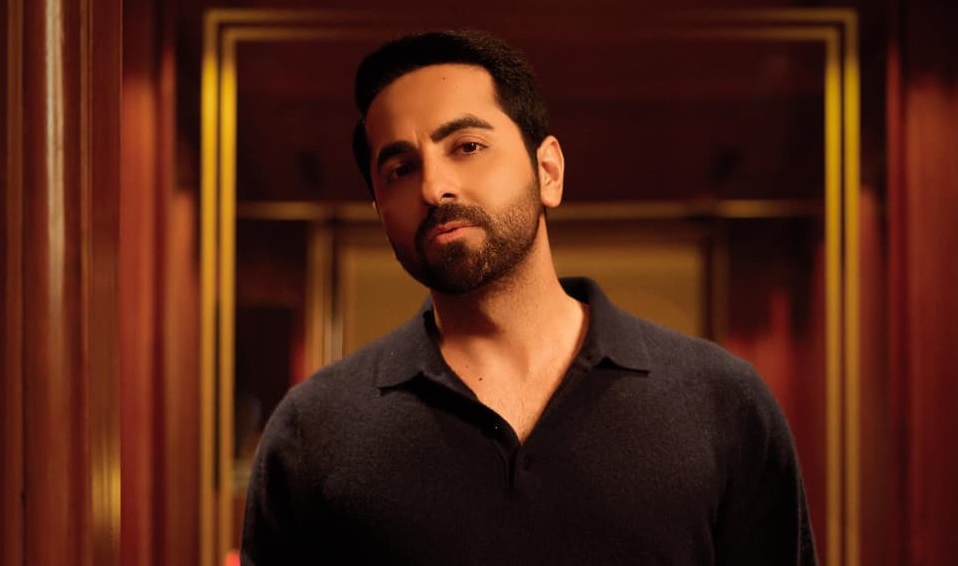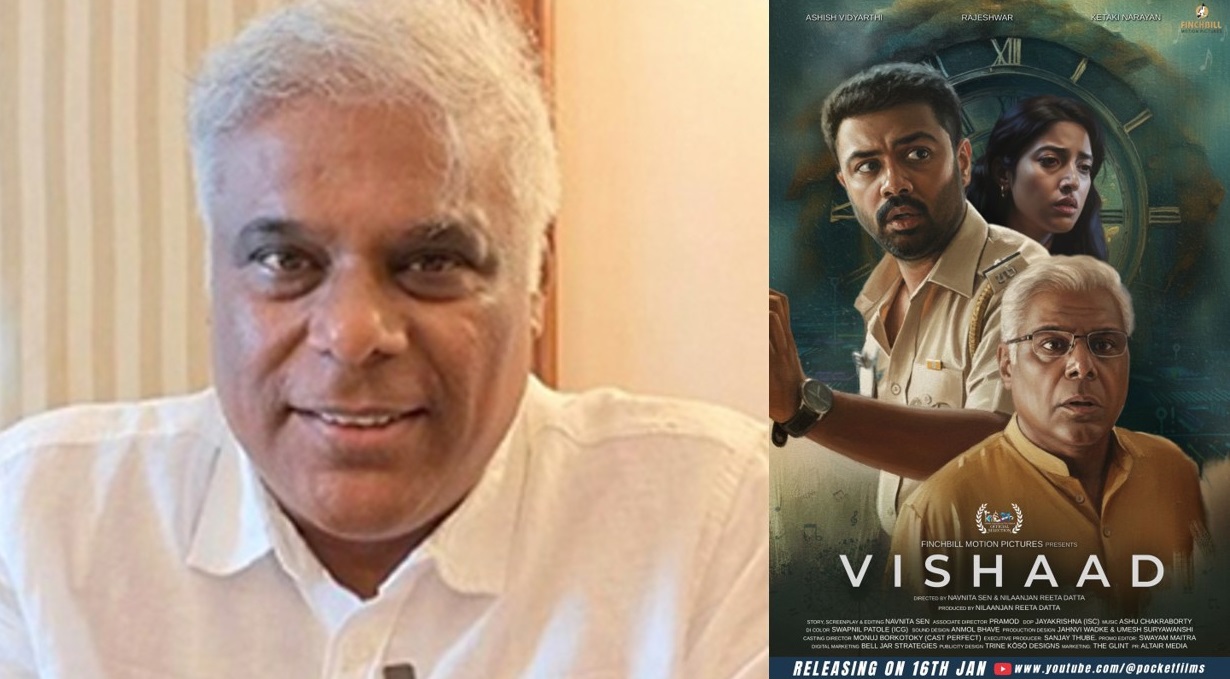Dr. Amit Kumar Pandey | mumbai@bollywoodtown.in
MUMBAI: Manoj Kumar, affectionately known to many as Bharat Kumar, passed away peacefully on April 4, 2025, in Mumbai, leaving behind a legacy of many remarkable works in the film industry and society.
The immortal lines “Duniya banane wale, kya tere man mein samaayi” from Manoj Kumar’s iconic film Purab Aur Paschim (1970) epitomize his unique ability to weave patriotic fervour into cinematic poetry. Known as “Bharat Kumar” for his nation-centric storytelling, the legendary actor-filmmaker left an indelible mark on Indian cinema during its golden age (1960s-1980s), when creative visionaries redefined narrative traditions. His magnum opus Upkaar (1967) – conceived as a cinematic response to Prime Minister Jawaharlal Nehru’s vision of “unity in diversity” – took shape during an inspirational train journey from Delhi to Mumbai. This journey metaphorically mirrored India’s post-independence trajectory, blending agricultural reform themes with emotional family drama through Kumar’s signature idealistic lens.
Manoj Kumar was born on 24 July 1937 in Abbottabad (now Pakistan) of British India. After partition, his entire family settled in Delhi. He was suffering from age-related diseases for a long time. Manoj Kumar was famous for his patriotic films. People used to call Manoj Kumar as Bharat Kumar. Manoj Kumar had to face the pain of partition at the age of just 10 years.
He had to go from Jallianwala Sher Khan to Delhi. While Manoj Kumar’s family lived as refugees in Vijay Nagar, Kingsway Camp and after some time he also moved to the old Rajendra Nagar area of Delhi. Manoj Kumar did his studies from Delhi University. He had decided to go into the film industry only after graduation.
Manoj Kumar’s first film Fashion was released in 1957. In this film, he played the role of an 80-year-old man. After this, he appeared in Hariyali and Raasta. After this film, Manoj Kumar never looked back. This film made his fortunes shine. After that, Manoj Kumar had a line of hit films. Which includes many films like Woh Kaun Thi, Gumnaam, Himalaya Ki God Mein. All these films proved to be hits at the box office.
Manoj Kumar, the Dadasaheb Phalke Award-winning auteur, redefined purpose-driven cinema through his iconic triad of roles – the romantic idealist in Do Badan (1966), the rural philosopher in Haryali Aur Rasta (1962), and the enigmatic vigilante in Gumnam (1965). For his patriotic oeuvre, this actor-filmmaker hybrid crafted films that balanced poetic lyricism (“Rang Birangi Baharon Ki”) with Nehruvian idealism, transforming 1960s Bollywood into a mirror of nation-building aspirations. His legacy endures as a cultural bridge between Guru Dutt’s introspective artistry and the mass-entertainment paradigms of modern Hindi cinema. An era of Bollywood has also ended with Manoj Kumar today.

